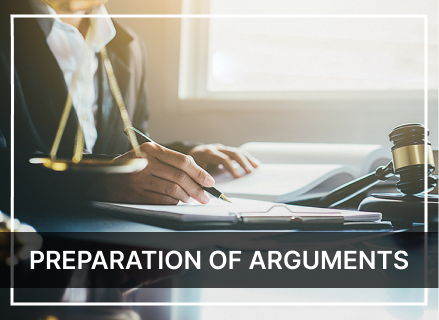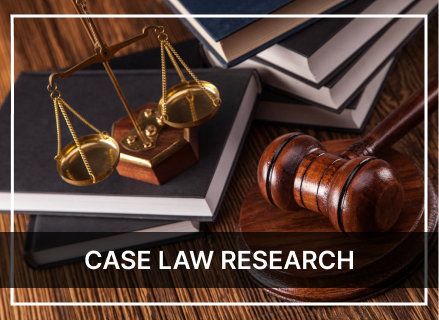Some years back, I was sucked into the labyrinth of Indian Matrimonial laws and a false 498a in particular. To be fair, before it hit me, it was difficult for me to fathom the wide spread misuse of dowry laws and specially 498a in India.
CONSULTATION






In any problem, one must watch his own responses to the events. Someone said, in the face of any adversity, ‘depend on your own arms’. The meaning of the same was not too literal. What the wise sage meant was that in the face of adversity, a man is mostly on his own. He aided by his intellect, experience, wisdom, intuition uses all available resources to come out of it. A man, facing danger from another advancing hostile man or animal, whom he can not escape, has no other option but to fight back, he has to use every and any object available to him as a weapon. Why some men fail to fight back vigorously is because, some are too frightened that they overestimate the power of other being and act too defensively. Some get overconfident, thereby underestimating the enemy. Some get too caught up in the movements of the other being that they loose precious time to build their own defence. To be able to build your own defence tactfully it important to hire a specialised 498A lawyer to help you deal with the same.
Undoubtedly, most of the victims of false gender-biased laws are the lot, who have always thought that women are harassed a lot, till they are hit by a section of law loaded in favor of women. In such a scenario, one is full of confusion, anger, impatience, and fear. One is confused, because, no one around you is wiser than you. The realism in the initial days is sadly missing. This website attempts to clear some confusion about various sections of Indian Penal Code, which are commonly misused. It is but an amateurish attempt to provide one with a basic understanding of the law is commonly used language, also I have tried to include the judgments from various High Courts and Supreme Court favoring men, there are templates to help people fight their cases. The cases related to 498A is grevious offense and needs to taken care by a 498A lawyer who has in-depth knowledge about this particular section of 498-A. Such cases are to be dealt by a 498A lawyer.
The motive of this website is not to write a thesis on 498-A, Maintenance, Domestic Violence, False Rape, Molestation and its companions. Nor is this website a panacea for this menace which hits more than 2,00,000 men and their families every year. The real battle is on the table only. It is only in the court room that the battle has to be fought. But, by this website, the maker wants to give you a brief over-view of various IPC Sections and other legal cases attached with it, which may hit any man. The section 498A is dangerous as it is a grevious and a very serious offense and can also be misused by the woman for her own benefit and in order to deal with it smartly one needs to hire a professional who deals in such cases a 498A lawyer is best fit for such grave cases. For the grevious matter of 498A one should let 498A lawyer helps one deal with the susceptible matters related in family law and how to deal with it tactfully.









Legal due diligence is a broad form of investigation into a business that includes a ...
Read More +
It’s been known for decades that never get into a contract, agreement or any other ...
Read More +
Preparation of Arguments The word argument is commonly used for a heated debate, quarrelling through ...
Read More +
Case Law Research is a major aspect of the Indian Legal System and involves the ...
Read More +
Drafting is the process of creating documents containing detailed information and instructions that someone should ...
Read More +
Finding the practical legal consultancy is the need of the hour not only to save ...
Read More +